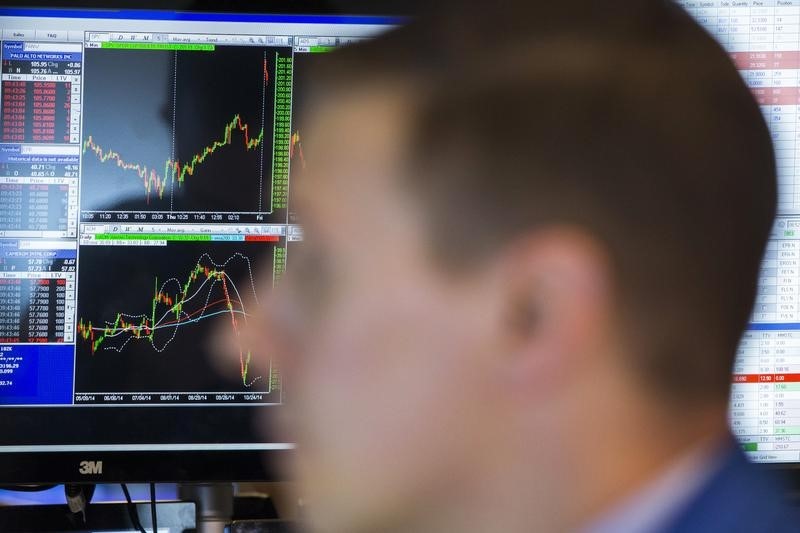Global stock markets are in turmoil, the FTSE 100 has lost 6.6% so far in August, and there’s growing talk of a looming recession.
From the US, we’re hearing stories of an inverted yield curve, which means that yields on shorter-term bonds exceed those on longer-term bonds. It’s something that’s often seen as a recession indicator, and it happened Wednesday, when the yield on 10-year US Treasury bonds dipped below the two-year yield for the first time since the banking crisis.
Economics We have an escalating trade war between Donald Trump and China, Brexit here in the UK, news of economic shrinkage from EU powerhouse Germany… even the price of oil has slipped back below $60 per barrel. Investors are getting twitchy and selling up, but I say they’re wrong to do so.
There’s no doubt that the banking crunch caused a lot of pain, including the end of cheap borrowing, plus job losses, weaker pay deals and a dip in a lot of people’s spending power that hit high street shops hard. But you know what, the FTSE 100 is now well ahead of its peak from before the crunch, most shares have recovered their short-term losses and then some, and it provided a brilliant buying period for investors.
Economic instability might terrify the big institutional investors, but we private investors can use it to pick up some very nice bargains to top up our investment plans.
Winners If you’d managed to buy Royal Dutch Shell (LON:RDSa) shares at the depth of the stock market in February 2009, you’d be sitting on a 52% gain now (even though we’ve been through an oil price crisis in the meantime) and you’d have come close to doubling that when dividends are added.
If you’d invested in a stock considered super safe, Unilever (LON:ULVR), you’d have more than trebled your money. And AstraZeneca, recovering from its troubles over the loss of some key patents and reinvesting heavily in its development pipeline would have trebled your cash too. And you’d even have won with most of the banks themselves, with Royal Bank of Scotland (LON:RBS) the only loser. Even troubled Lloyds is up 28% (and has been paying decent dividends).
In fact, the FTSE 100 is up 85% since the crash, and its dividend yields have been growing. The index’s forecast yield for 2019 now stands at 4.5%, and you should be able to do better than that if you pick only high-dividend stocks and ignore zero and low-dividend ones.
Strategy Right now I have some cash in my SIPP, and I’m holding back on it and identifying big-dividend stocks that I think will become even cheaper.
Taylor Wimpey (LON:TW) shares are on a predicted dividend yield of 12%, SSE (LON:SSE) is on 7.5%, Standard Life (LON:SLA) Aberdeen is offering 8.7%, and there are many more big ones. These are all forecast yields and are not guaranteed, but they’re a decent guide to the income to be had from Footsie shares.
The key thing is to keep cool, remember that investing in shares is a long-term thing and should be done with a horizon of at least 10 years, and don’t follow the institutional investors who focus on their short-term, quarter-by-quarter, results. There could be some great buys coming our way.
Alan Oscroft owns shares of Lloyds Banking Group (LON:LLOY). The Motley Fool UK has no position in any of the shares mentioned. Views expressed on the companies mentioned in this article are those of the writer and therefore may differ from the official recommendations we make in our subscription services such as Share Advisor, Hidden Winners and Pro. Here at The Motley Fool we believe that considering a diverse range of insights makes us better investors.
Motley Fool UK 2019
